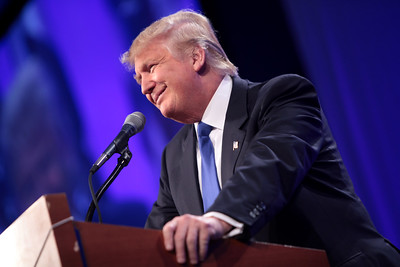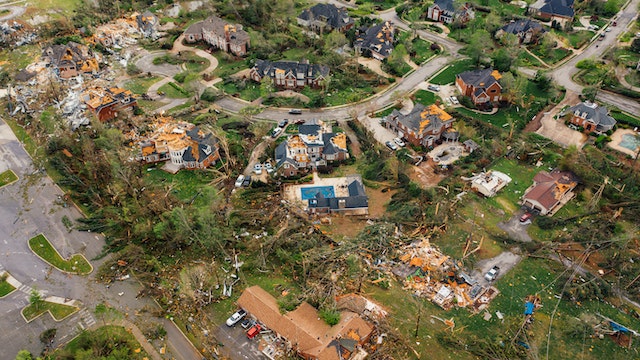Justice Clarence Thomas’s Jet Travel Raises Questions about Security: Exploring the Recent Controversy
In a recent development that has sent shockwaves through legal and political circles, Justice Clarence Thomas of the US Supreme Court found himself at the center of a controversy involving his use of a private jet provided by a prominent GOP donor. While the situation might appear benign at first glance, it has sparked heated debates regarding security, ethics, and the separation of powers. This article delves into the details of the controversy and its implications, highlighting the underlying concerns that have been raised.
The Controversy Unveiled: A Supreme Court Justice’s Unusual Travel Arrangements
The controversy emerged when reports surfaced that Justice Thomas had accepted travel on a private jet owned by a major donor to the Republican Party. While such relationships between politicians and donors are not uncommon, the situation takes a different dimension when it involves a sitting Supreme Court Justice. Critics argue that such associations could raise questions about impartiality, especially if the donor has interests that may come before the Court in the future.
Security Risks or Ethical Dilemma? Analyzing the Arguments
Justice Thomas’s defenders assert that his decision to fly on the GOP donor’s jet was driven by security concerns. Given the highly sensitive nature of his position, including his involvement in critical and often contentious legal decisions, his security needs are substantial. Supporters argue that using private jets might be a safer option, allowing for better control over potential threats that could arise during commercial air travel.
On the other hand, critics contend that while security is undeniably crucial for a Supreme Court Justice, such arrangements should be made through official channels. Accepting travel on a private jet from a partisan donor could create an appearance of impropriety, potentially undermining the public’s trust in the impartiality of the judiciary. In an era of heightened scrutiny on the actions of public officials, maintaining transparency is vital to the integrity of the justice system.
Broader Implications: Balancing Security and Ethical Considerations
This controversy raises broader questions about the delicate balance between security and ethical considerations for individuals in positions of power. Supreme Court Justices are tasked with interpreting the Constitution and upholding the rule of law, and any perception of bias or conflict of interest can erode public confidence in their decisions. As the highest court in the land, the Supreme Court’s rulings influence the direction of the nation, making the impartiality of its members a cornerstone of a functional democracy.
In Conclusion
The recent controversy surrounding Justice Clarence Thomas’s use of a private jet provided by a GOP donor underscores the complexities of security, ethics, and transparency within the judiciary. While the immediate focus is on this particular incident, it also prompts a broader conversation about the safeguards necessary to maintain the integrity of the Supreme Court. Striking the right balance between security concerns and ethical considerations remains a challenge that requires careful consideration and open dialogue among legal experts, policymakers, and the public.












